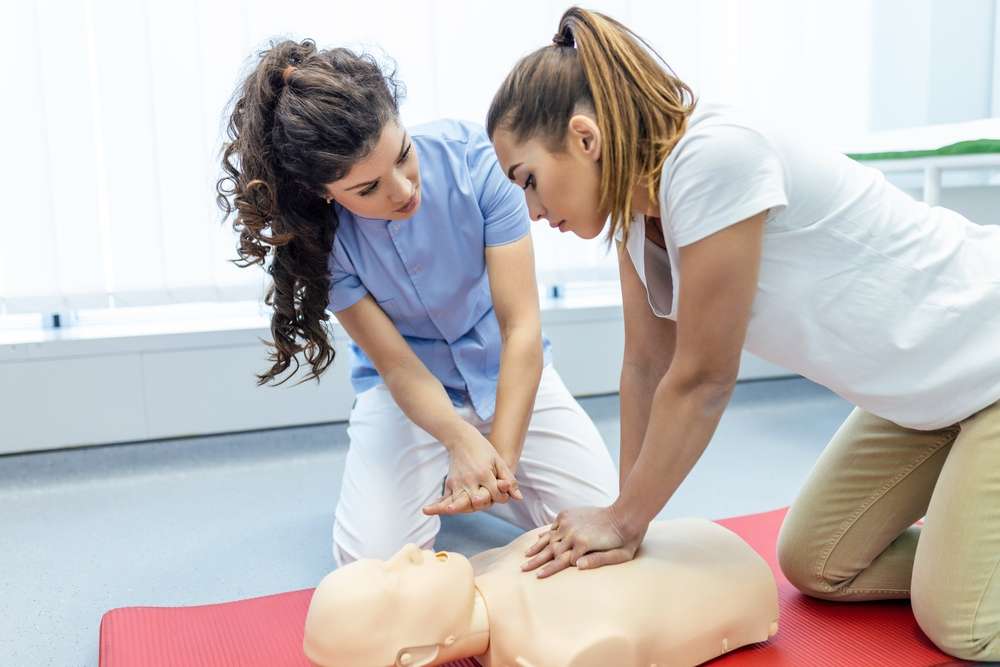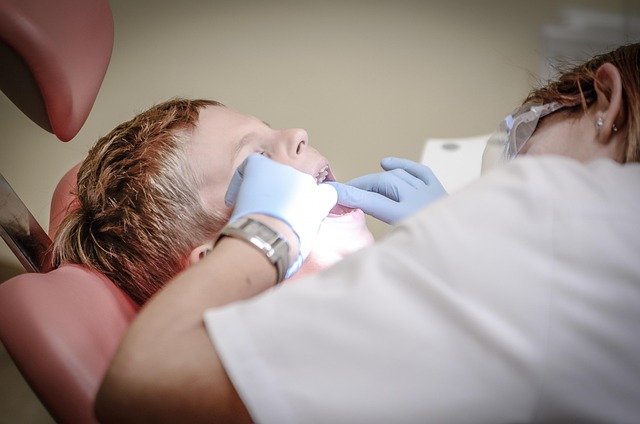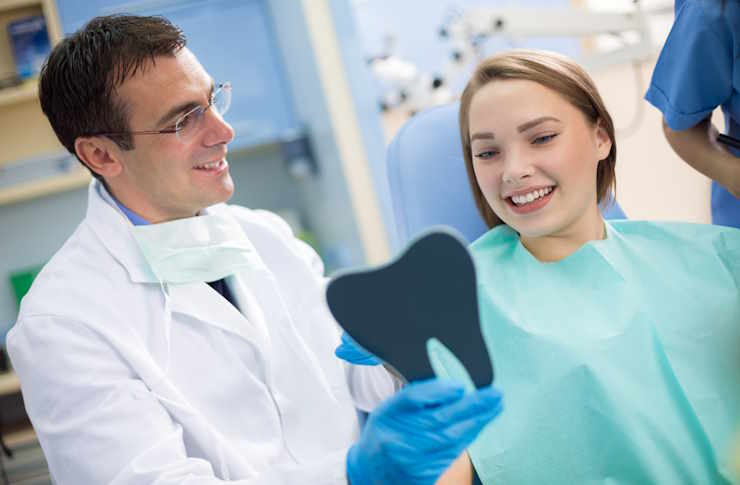Medical Education Pathways Available to German Healthcare Workers
Healthcare professionals in Germany have access to diverse educational opportunities designed to enhance their clinical expertise and career advancement. From foundational training programs to specialized certifications, the German healthcare system supports continuous professional development through structured pathways. Understanding these options helps workers navigate their career trajectories while meeting the evolving demands of modern patient care and regulatory standards.

Germany’s healthcare sector offers comprehensive educational frameworks that enable professionals to expand their competencies throughout their careers. These pathways range from initial qualification programs to advanced specializations, each designed to meet specific professional requirements and patient care standards. The structured approach ensures that healthcare workers can adapt to technological advancements and changing medical practices while maintaining high-quality service delivery.
Learn Essential Medical Skills
Foundational medical training in Germany emphasizes hands-on clinical experience combined with theoretical knowledge. Healthcare workers begin with regulated vocational training programs that typically span three years, covering anatomy, physiology, patient communication, and practical procedures. These programs are offered through accredited institutions and include supervised clinical rotations across various departments. Nursing professionals, for instance, complete training that meets European Union standards, enabling cross-border recognition of qualifications. Emergency response skills, infection control protocols, and documentation practices form core components of these essential training modules.
Continuing education requirements ensure that professionals maintain current knowledge of evidence-based practices. Many institutions offer modular courses focusing on specific competencies such as wound care, medication administration, or geriatric care techniques. These shorter programs allow working professionals to enhance particular skill sets without committing to full degree programs.
Explore Modern Medical Training
Contemporary medical education in Germany increasingly incorporates digital health technologies and simulation-based learning. Virtual reality platforms allow healthcare workers to practice complex procedures in risk-free environments, while telemedicine training prepares professionals for remote patient consultations. Interdisciplinary training models bring together physicians, nurses, and allied health professionals to improve team-based care coordination.
Universities and teaching hospitals collaborate to provide research-oriented training pathways for those interested in clinical investigation or academic careers. These programs emphasize critical appraisal of medical literature, statistical analysis, and ethical considerations in healthcare research. Practical training modules now include electronic health record management, data privacy compliance, and patient safety systems that reflect modern clinical environments.
Language proficiency remains essential for international healthcare workers, with specialized medical German courses available through various providers. These programs focus on clinical terminology, patient interaction vocabulary, and documentation language specific to German healthcare settings.
Professional Courses in Healthcare
Specialized certification programs enable healthcare workers to develop expertise in focused areas of practice. Intensive care nursing, oncology care, pediatric specialization, and mental health services represent common specialization tracks. These courses typically require completion of prerequisite clinical experience and involve both classroom instruction and supervised practice hours.
Professional development courses address leadership, quality management, and healthcare administration for those pursuing supervisory or management roles. These programs cover healthcare economics, personnel management, regulatory compliance, and strategic planning specific to German healthcare organizations. Many are offered in flexible formats including evening classes, weekend intensives, or online modules to accommodate working schedules.
Certification bodies and professional associations provide standardized examinations that validate specialized competencies. Successful completion often leads to formal recognition within the healthcare system and may influence career advancement opportunities. Recertification requirements ensure that professionals maintain current knowledge through ongoing education activities.
| Program Type | Typical Duration | Key Focus Areas |
|---|---|---|
| Vocational Training | 3 years | Foundational clinical skills, patient care basics |
| Specialization Certificate | 1-2 years | Advanced practice in specific medical fields |
| Short Course Modules | Several weeks to 6 months | Targeted skill enhancement, new technologies |
| Academic Degree Programs | 2-4 years | Research methods, advanced clinical practice |
| Leadership Development | 6 months to 1 year | Management skills, healthcare administration |
Financing and Support for Medical Education
Various funding mechanisms support healthcare workers pursuing additional education. Employer-sponsored training programs are common, particularly for skills directly relevant to organizational needs. Some states offer educational grants or subsidized tuition for healthcare professions experiencing workforce shortages. Federal employment agencies may provide financial support for retraining or qualification enhancement programs that improve employment prospects.
Educational leave provisions allow workers to pursue intensive training while maintaining employment relationships. The specific terms vary by employer and collective bargaining agreements, but many healthcare facilities recognize the mutual benefits of staff development. Scholarship programs from professional associations and foundations target specific populations or specializations, helping to reduce financial barriers to advanced education.
Recognition of International Qualifications
Healthcare professionals trained outside Germany must navigate equivalency assessment processes to practice within the German system. State examination offices evaluate foreign credentials against German standards, identifying any knowledge gaps that require supplementation. Adaptation courses address these gaps through targeted instruction and clinical practice under supervision.
Language proficiency verification at B2 or C1 level according to the Common European Framework of Reference is mandatory for most healthcare roles involving direct patient contact. Specialized language examinations test medical vocabulary and communication skills relevant to clinical practice. Recognition procedures have become more standardized across German states, though processing times and specific requirements may vary.
Future Directions in Healthcare Education
Emerging healthcare challenges drive continuous evolution of training programs. Demographic shifts toward aging populations increase demand for geriatric and palliative care expertise. Digital health integration requires ongoing skill development in telehealth platforms, health informatics, and cybersecurity awareness. Interprofessional education models gain prominence as healthcare delivery becomes increasingly collaborative across disciplines.
Sustainability and environmental health considerations are being integrated into medical curricula, reflecting broader societal priorities. Cultural competency training addresses the needs of diverse patient populations, preparing healthcare workers for inclusive practice environments. These evolving educational priorities ensure that German healthcare workers remain equipped to meet contemporary challenges while maintaining the high standards characteristic of the system.
Healthcare education in Germany provides structured, comprehensive pathways that support professional growth across career stages. Whether pursuing foundational qualifications, specialized certifications, or advanced academic credentials, workers have access to quality training that enhances both individual capabilities and overall healthcare delivery standards.




